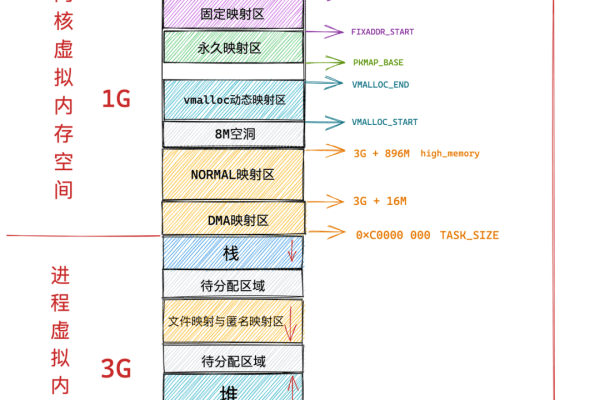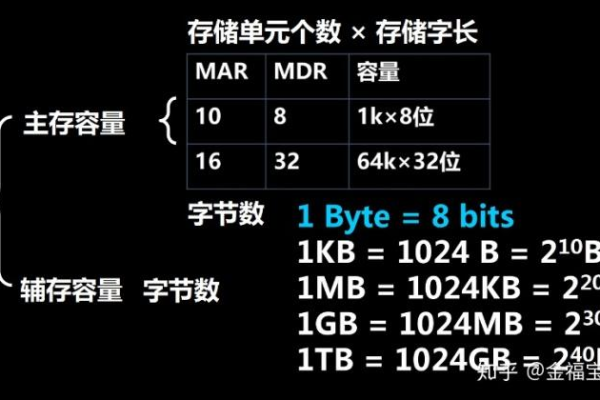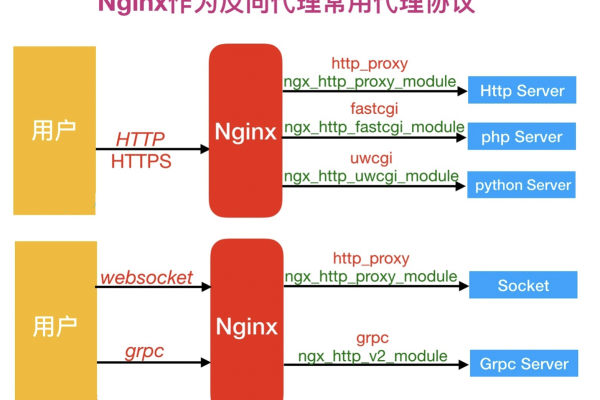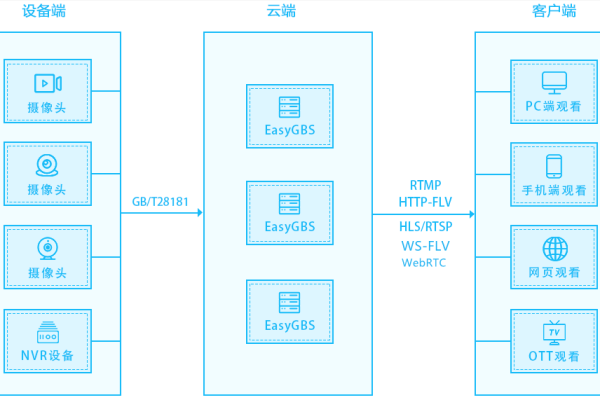如何在DEDECMS中灵活应用视图类来解析模板?
- 行业动态
- 2024-10-04
- 8
在DEDECMS(织梦内容管理系统)中,视图类的应用是构建动态网站的关键,通过灵活应用视图类,开发者可以高效地生成和管理网页内容,而无需深入复杂的编程细节,本文将详细介绍如何在DEDECMS中解析模板并利用视图类来展示数据,同时提供一些常见问题的解答。
视图类的基本概念与作用
在DEDECMS中,视图类负责处理数据的显示逻辑,它与模型类和控制器类共同构成了MVC(ModelViewController)架构的核心,视图类的主要任务是根据模型提供的数据,结合模板引擎,生成最终呈现给用户的HTML页面。
创建PHP页面处理文件
要使用DEDECMS的视图类,首先需要创建一个PHP页面处理文件,以下是一个简单的示例:
1、引入必要的配置文件:
“`php
require ‘include/common.inc.php’;
“`
这一步引入了系统全局配置、常用函数、控制器和模型基类等,为后续操作做好准备。
2、引入视图类:
“`php
require ‘include/arc.partview.class.php’;
“`
这里引入了用于处理文章列表的视图类。
3、实例化视图对象:
“`php
$pv = new PartView();
“`

创建视图类的实例。
4、设置视图模板:
“`php
$pv>SetTemplet("demo.html");
“`
指定要使用的模板文件。
5、显示视图:
“`php
$pv>Display();
“`
最后调用Display方法,将处理后的数据输出到浏览器。
创建模板页面
需要创建一个HTML模板文件,例如demo.html,在其中使用DEDECMS的标签语法来定义数据展示规则,以下是一个简单的模板示例:

<!DOCTYPE HTML PUBLIC "//W3C//DTD HTML 4.01 Transitional//EN">
<html>
<head>
<meta httpequiv="ContentType" content="text/html; charset=utf8">
<title>demo测试视图</title>
<style type="text/css">
body {fontsize:12px;}
ul li {float:left; liststyle:none;padding:2px 10px;}
#arclist li {clear:both;float:none;}
</style>
</head>
<body>
<!channel_type标签测试 >
<ul>
{dede:channel type='top' row='10' currentstyle="<li class='hover'><a href='~typelink~' ~rel~><span>~typename~</span></a></li>"}
<li><a href='[field:typeurl/]' [field:rel/]><span>[field:typename/]</span></a></li>
{/dede:channel}
<!arclist标签测试 >
<ul id="arclist">
{dede:arclist row="10"}
<li>[field:title/]</li>
{/dede:arclist}
</ul>
</ul>
</body>
</html> 在这个模板中,使用了{dede:channel}和{dede:arclist}标签来分别展示频道和文章列表。
常见问题解答FAQs
Q1: 如何自定义视图类?
A1: 可以通过继承现有的视图类并重写其中的方法来实现自定义,如果你想创建一个专门用于处理图片展示的视图类,可以这样做:
require 'include/arc.partview.class.php';
class ImageView extends PartView {
public function Display() {
// 自定义的显示逻辑
}
}
$iv = new ImageView();
$iv>SetTemplet("image_demo.html");
$iv>Display(); Q2: 如何处理模板中的条件判断?
A2: 在模板中使用{if}...{else}...{/if}标签进行条件判断。
{dede:arclist row="10"}
{if [field:ispic/]}
<img src="[field:picname/]" />
{else}
没有图片
{/if}
{/dede:arclist} 这样可以根据文章是否有图片来决定显示内容。
DEDECMS解析模板之灵活应用视图类
摘要
DEDECMS(帝程CMS)是一款功能强大的内容管理系统,其模板系统允许用户自定义页面布局和样式,视图类是DEDECMS模板解析中的一个核心概念,它能够帮助开发者实现模板的灵活应用和扩展,本文将详细介绍DEDECMS中视图类的概念、应用场景以及如何灵活使用视图类。
视图类的概念
视图类是DEDECMS模板系统中用于封装模板解析逻辑的一个类,它主要负责将模板文件解析成HTML内容,并输出到浏览器,视图类通过继承DEDECMS提供的基类,可以轻松地扩展和定制模板功能。
视图类的应用场景
1、页面布局:视图类可以定义页面整体布局,包括头部、尾部、侧边栏等。
2、内容展示:根据不同的内容类型(如文章、产品、图片等),视图类可以展示不同的内容格式。

3、数据交互:视图类可以与模型类进行交互,获取数据并展示到模板中。
4、:视图类支持动态内容展示,如新闻列表、广告位等。
视图类的灵活应用
1. 继承基类
class MyView extends DedeView {
// 重写父类方法
public function display() {
// 自定义解析逻辑
}
} 2. 使用模板变量
在视图类中,可以通过$this>assign方法将变量赋值给模板。
class MyView extends DedeView {
public function display() {
$this>assign('title', '我的页面');
$this>assign('content', '这是页面内容');
// 调用父类方法进行解析
parent::display();
}
} 3. 自定义解析逻辑
在display方法中,可以根据需要添加自定义的解析逻辑。
class MyView extends DedeView {
public function display() {
// 自定义解析逻辑
// ...
// 调用父类方法进行解析
parent::display();
}
} 4. 使用插件和标签库
DEDECMS支持插件和标签库,可以在视图类中使用这些功能来扩展模板功能。
class MyView extends DedeView {
public function display() {
// 使用插件
$this>taglib>includePlugin('myplugin');
// 使用标签库
$this>taglib>content('mytag', '参数1', '参数2');
// ...
parent::display();
}
} DEDECMS的视图类提供了强大的模板解析功能,通过灵活运用视图类,可以轻松实现各种复杂的页面布局和内容展示,开发者可以根据实际需求,继承基类、使用模板变量、自定义解析逻辑以及使用插件和标签库,来扩展和定制模板功能。
对DEDECMS中视图类的概念、应用场景和灵活应用进行了详细说明,希望能够帮助开发者更好地理解和运用视图类。















